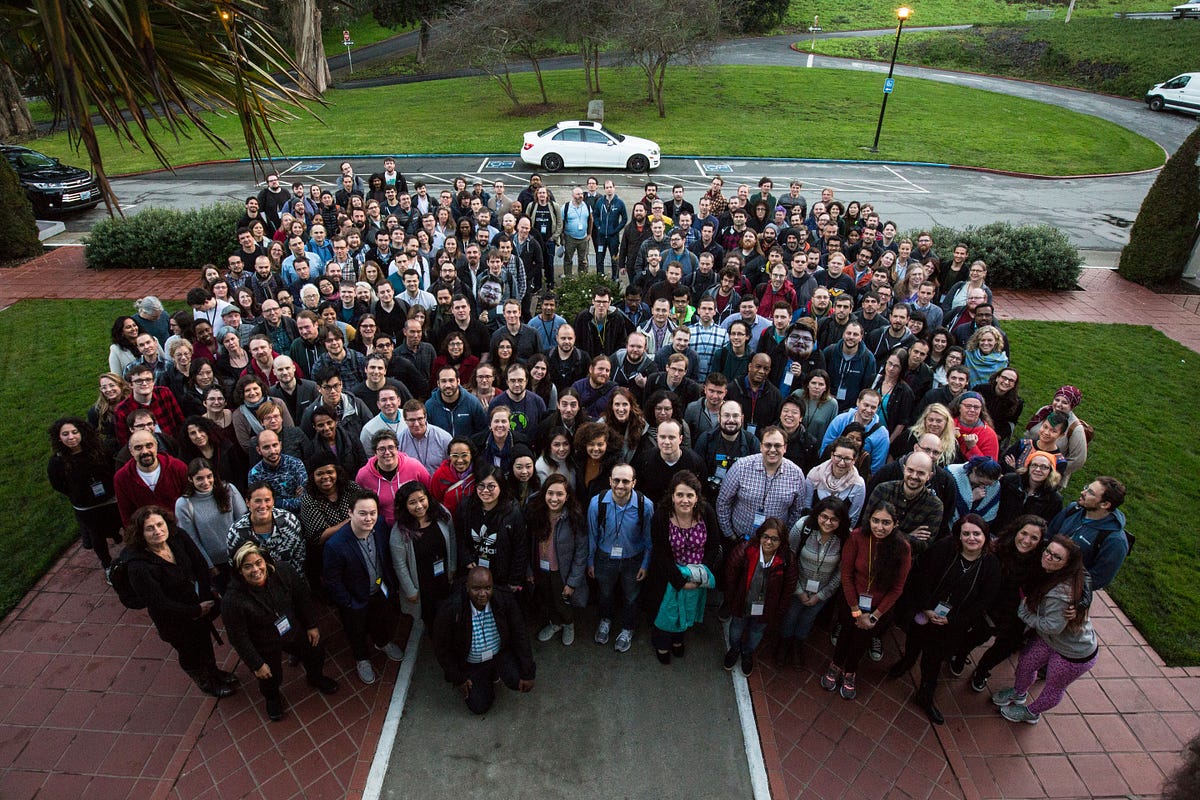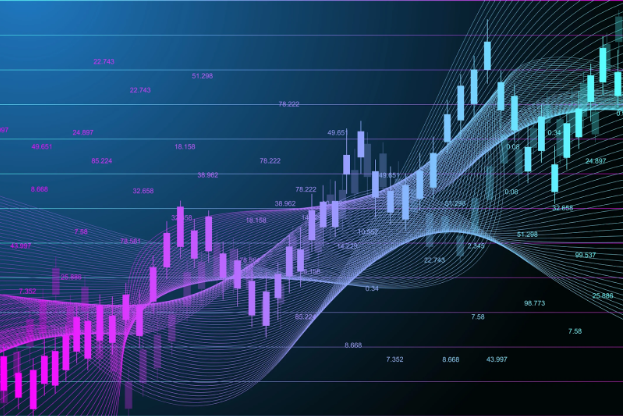The Money Rollercoaster
A graph showing the progress of the stock market and its effect on store prices.
February 15, 2023
The stock market is changing every second of our lives, always increasing and decreasing in terms of money and value. When the stock market changes, it can mean that prices in stores can either increase and decrease or the investment values for the stock market and stores will be wiped out.
The stock market can also affect inflation, meaning the prices of most products will start to increase, and that can either please some people or make a lot of people angry.
“Stocks closed lower Monday, with investors showing more caution ahead of the Federal Reserve’s interest rate policy decision and a raft of technology-company earnings,” according to Barrons.
The stock markets will be changing non-stop because of this and prices will then start to increase or decrease even more.
“One, we want inflation to be around 2% per year. Significantly higher than that and it can cause problems for people,” social studies resource teacher Ken Buffum said. “Last summer, it nearly hit 10%. Our last reading came in at 6.5%. So improving, but still too high.”
Many strategies exist that can fight inflation.
“To fight inflation, the Federal Reserve has been increasing interest rates. The head of the Fed, Jerome Powell, is actually talking at 2:00 [on Feb. 1],” Buffum said. “It is expected that the Fed will raise interest rates a bit today.”
The higher the interest rates, the more people pay to borrow money.
“Higher interest rates make it more expensive to borrow money and this slows business growth and will make business less profitable…and can lower their stock price,” Buffum added. “Then after that, higher interest rates make safer, less risky investments, such as government bonds, more attractive. People can buy a bond and get a guaranteed 4% return rather than risk losing money in stocks.”
Another side effect of rising rates is a possible recession.
“Many people can expect the rising of rates to push the U.S. into a recession, which is bad for stock prices. Still too early to tell what will happen,” Buffum said. “I think stocks are overpriced. Inflation will continue to be too high and the Federal Reserve will keep interest rates high for longer than people are expecting.”
Inflation will never stop increasing, products in the near future will continue to get even more expensive and there really is nothing that individuals can do about it.



















